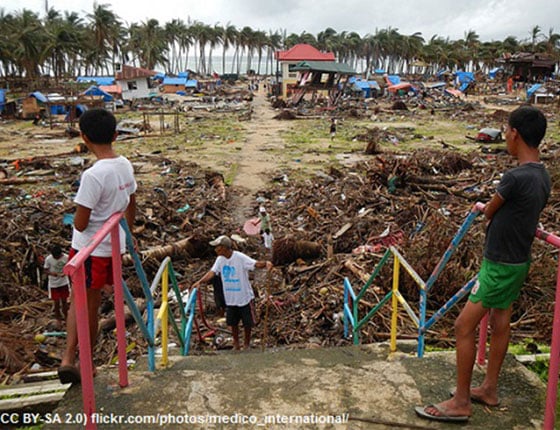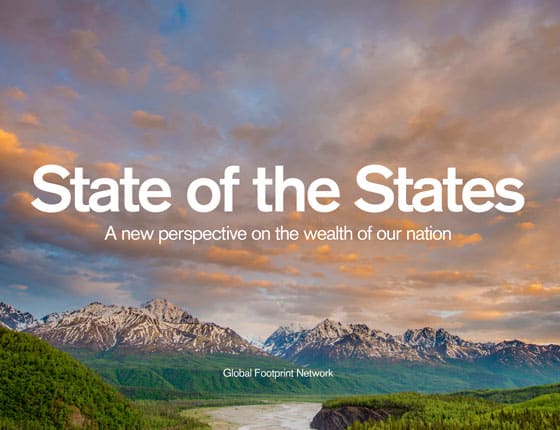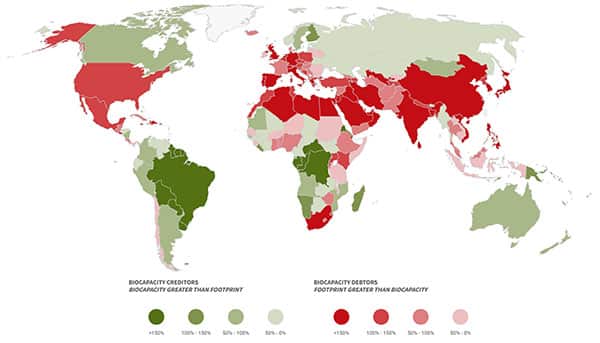Country Work
Global Footprint Network helps national governments understand and manage their natural resources, make confident policy decisions, and create a prosperous future.Ecological resources are at the core of every country’s long-term wealth. Yet population growth and consumption patterns are putting more pressure on these critical assets.
Today, the majority of countries in the world are running ecological deficits, using more natural resources than ecosystems within their borders can regenerate. Others depend heavily on resources from elsewhere, which are under increasing pressure. In some areas of the world, the implications of ecological deficits can be devastating, leading to resource loss, ecosystem collapse, debt, poverty, famine, and war.
The Ecological Footprint is a resource accounting tool that helps countries understand their ecological budget and gives them the data necessary to manage their resources and build a secure, resilient future.
Our work with national governments includes:
- National Reviews: A review of a country’s National Footprint and Biocapacity Accounts is an excellent first step to improve data quality and create opportunities for Ecological Footprint policy applications at the national level. Global Footprint Network or its partners have completed many National Footprint Reviews. They include: Belgium, Ecuador, France, Germany, Indonesia, Luxembourg, Spain, Switzerland, and the United Arab Emirates. In addition, institutions of the European Union have produced reviews, including EuroStat, STOA and the European Commission.
- Risk identification: The Ecological Footprint can help identify which risks associated with ecological deficits need to be addressed most urgently to generate political will and guide policy action.
- Policy development: With the identification of Footprint “hot spots,” policy makers can prioritize policies and actions, often in the context of a broader sustainability policy.
- Footprint adoption: Adopting the Ecological Footprint as an official indicator enables government policy makers and planners to ensure continuity in tracking sustainability over the long term and helps raise sustainability awareness among the general public.
- Monitoring: Footprint time trends and projections can measure progress toward goals as well as short-term and long-term effectiveness of policies.
- Communications: The Ecological Footprint can improve understanding of sustainability challenges, enable comparisons across countries, and raise stakeholder awareness.
Switzerland
Updated May 2022 In December 2006, Switzerland became the first country to work with Global Footprint Network to examine and understand its Ecological Footprint and biocapacity results.... View Case StudyPhilippines
For the past half-century, the Philippines has run an ecological deficit, with its population demanding more renewable resources than the nation’s own ecosystems can provide. Although per... View Case StudyState of the States Report
In 2015, the Ecological Deficit Day of the United States landed on July 14, according to our new report, “State of the States: A New Perspective on... View Case StudyNational Footprint and Biocapacity Accounts
The foundation of all Ecological Footprint accounting at the national level is the National Footprint and Biocapacity Accounts, which track human demand on nature and our nature’s capacity to meet that demand for more than 200 nations. Updated every year, the National Footprint and Biocapacity Accounts are now available in their entirety for anyone to download on our Ecological Footprint Explorer open data platform.







